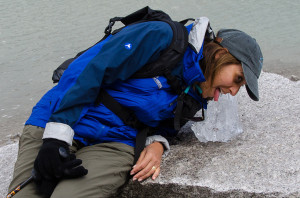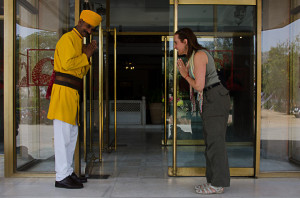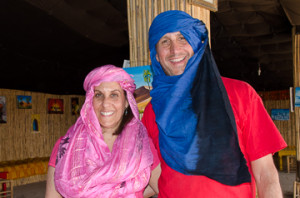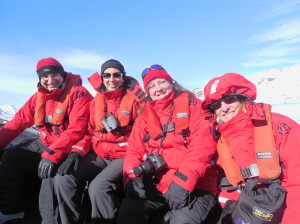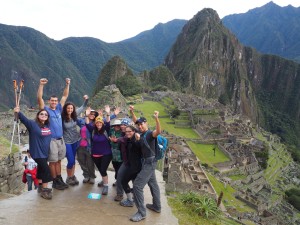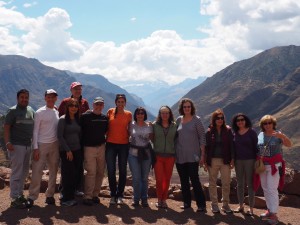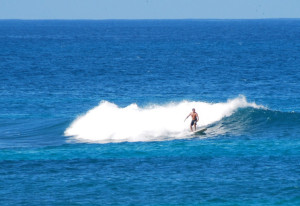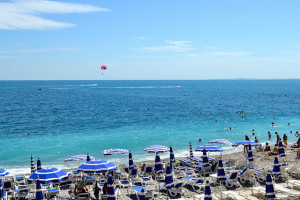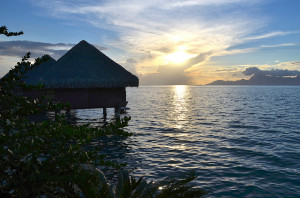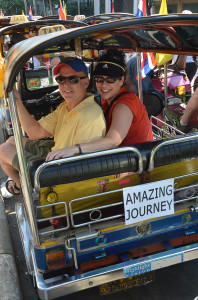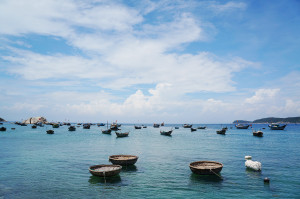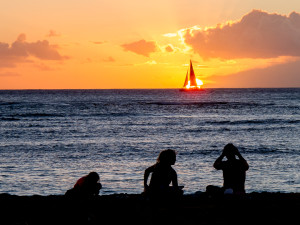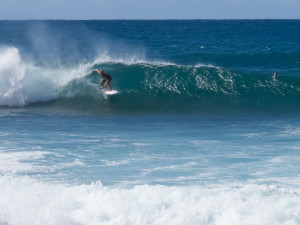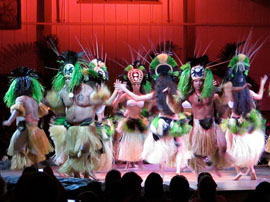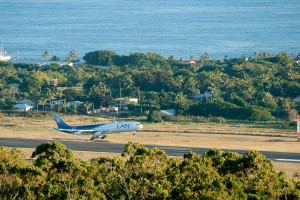
With all the distractions and hassles of air travel, everything makes it tough to sleep on a plane – not enough legroom, people climbing over you, noise from movies and video games and screaming children., sunlight pouring in your neighbor’s window at 35,000 feet.
If you struggle to get some shuteye each time you take to the air, you’re not alone – but choosing the right seat, bringing the right gear and making a few small changes in your flying habits could help you sleep better on your next flight.
Choose your seat wisely
Your seat location could be one of the most important factors in how well, or how poorly, you sleep on your next trip. Try to get a window seat if possible; it will give you something to lean against and get you out of the way of other folks in your row, who won’t have to scramble over you each time they need to use the bathroom. You’ll also have some control over the window shade.
Think twice about bulkhead or exit row seats. Sure, the extra legroom is great, but some exit row seats do not recline (so that they won’t be an obstruction in case of emergency), and some bulkhead seats have armrests that can’t be raised. Sleeping in one of these is like sleeping in a straitjacket.
Another area to avoid is the last row of the plane. Again, the seats may not recline, and they’re often located right near the bathrooms where both noise (and odor) could be an issue.
Aside from the very last row, there are pros and cons to sitting near the front of the plane and sitting near the back. Seats near the rear of the plane may be noisier due to the planes’ engines and clink-clanking from the galley, but it’s also more likely that you’ll have a couple of seats (or even a whole row) to yourself back there – and the extra space could make up for the extra noise.
Cut down on your carry-ons
If you have two full carry-ons, one might end up under your feet, limiting your legroom and making it harder to sleep. Instead, pack lighter so you can fit everything into a single bag. Keep a few small necessities near the top of the bag – a book or magazine, a snack, a bottle of water. Before you stow your bag in the overhead compartment, pull out the important items that you’ll need during the flight and put them in the back of the seat in front of you. Keep the items you stow in the seat back pocket to a minimum, and be aware that flight attendants may ask you to put the items back into your carry-on bag.
Skip the caffeine
Especially on a daytime flight, where even the view out the window can be a distraction, you’ll find it much harder to sleep if you have caffeine coursing through your veins. Skip the temptation to have a cup of coffee or a soda before boarding, and stick to water or juice when the drink cart comes around.
Blankets and pillows – stake your claim
There are never enough blankets and pillows to go around. Board early and stake your claim. If there isn’t a set in your seat, immediately ask the flight attendant for one.
Bring a neck pillow
Many travelers swear by their supportive neck pillows. Experiment a bit and see which ones will work best for you.
Free your feet
This is a controversial subject. Some people slip their shoes off as soon as they get on a plane; others wouldn’t dream of it. Further, there’s the issue of keeping your circulation flowing; going barefoot permits your feet to swell.
Take care of your feet and wear clean socks. Bare feet don’t offend; stinky feet do. Wear shoes you can slip on and off easily. This way you’re not pulling at shoelaces mid-flight. On overseas flights, some airlines give you socks that will keep you warm and encourage circulation in your feet.
Try a sleep aid
I am not a doctor and will not attempt to advise you on what drugs you should take as sleep aids. That said, here are a few products that have been used with some success:
Melatonin: This is a naturally occurring substance – it’s the compound that triggers our sleep patterns, and it’s as natural as eating. The level of melatonin in our bodies declines as we age; this is why older folks often sleep less as they advance in years. As it is a gentle approach, melatonin doesn’t seem to work for everyone.
Dramamine: This motion sickness remedy is a pretty common over-the-counter drug, but beware; it will knock you out, and the advice not to operate heavy machinery (like, say, a car) is to be heeded. If you are on a shorter flight or need to be alert when you wake up, you may want to avoid this one.
Use headphones with discretion
Save yourself the $4 – $5 and catch some more winks by passing on the airline’s headphones. TV and movies can keep you up the entire flight. On the other hand, listening to soothing music can help tune out distractions and lull you into a peaceful sleep. For best results, try Bose’s popular noise-canceling headphones; they’re pricey, but they’re the best product on the market for frequent fliers looking to escape engine noise and other in-flight distractions. (Ear plugs are a less effective but much cheaper alternative.)
Recline your seat – but be courteous
On a night flight, expecting someone not to sleep is like asking them to put down their window shade during a flight over the Grand Canyon or Haleakala. Ideally, everyone has the same idea and seat backs will tip backward soon into your flight.
However, you should always look behind you to make sure the coast is clear before pushing the button to put your seat back. It gives the person behind you a heads up if they have coffee in front of them or have their head down on the tray table. Simple common courtesy applies here.
Make sure you won’t be disturbed
Notify your flight attendant that you want to sleep – that way he or she will know not to disturb you when the drink or snack cart comes around. If you’re under a blanket, be sure your seat belt is buckled over top of it so the belt is visible at all times.
Stay away from the light
The animated flash of movie screens, reading lights, cabin lights, sunlight bursting in on an eastbound flight – all can disturb your slumber. Get yourself an eye mask. Some airlines provide them, but it’s best to keep one in your traveling kit just to be safe.
When it’s time to wake up…
The worst part of sleeping is waking up. It’s even worse on a plane, when you’re waking up to bright lights, luggage carousels and sunshine so bright you can hear it.
If it’s a long flight, consider setting a watch or cell phone alarm for 45 minutes before you have to land. That gives you time to go to the restroom, gather your gear, tie your shoes, watch the approach to your destination and walk off the plane fully awake.
Reaching your destination fully rested, whether you indulge in a short and sweet nap or a full rack en route, always beats lurching around an airport tired and crabby. Grab your winks in flight and you’ll be a happier traveler.
Originally posted on Independent Traveler
